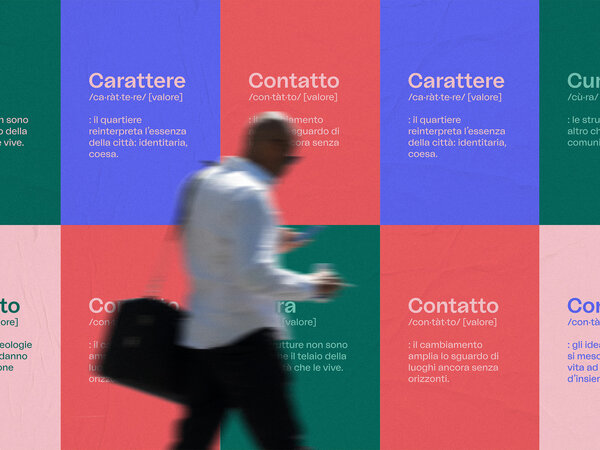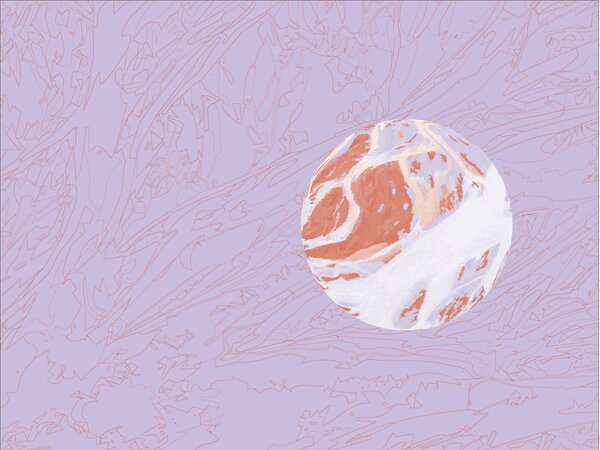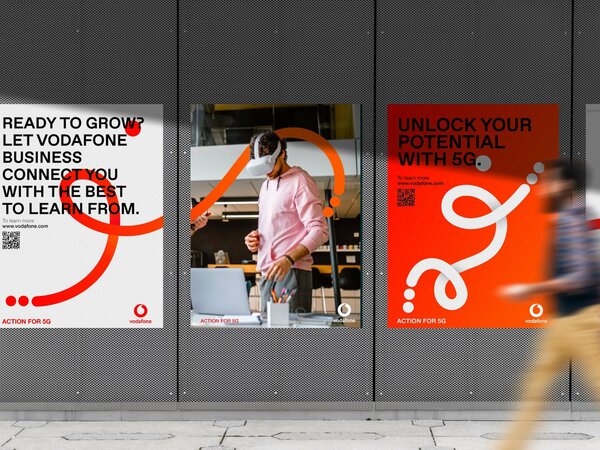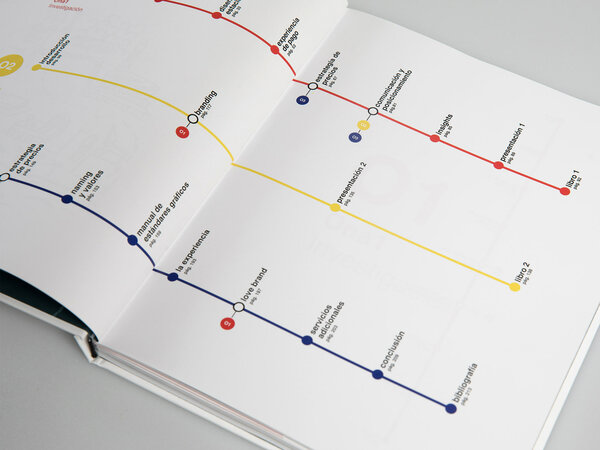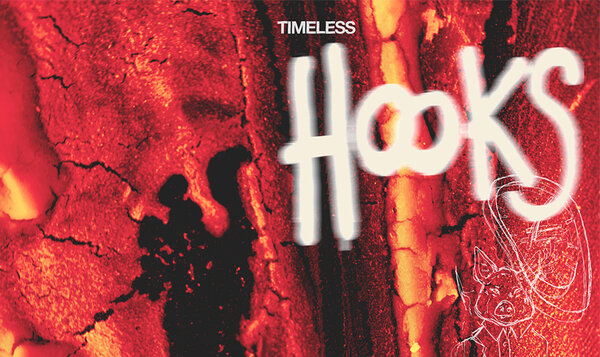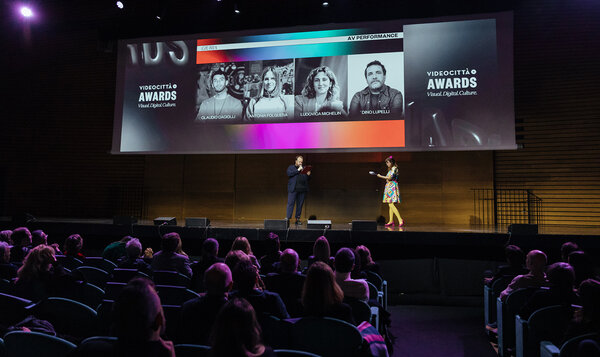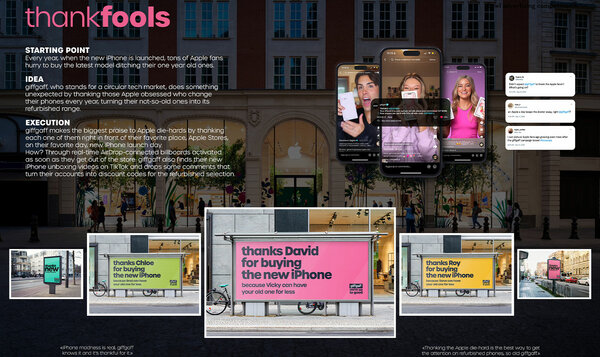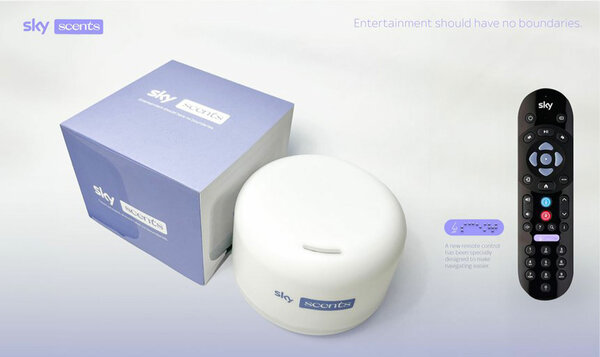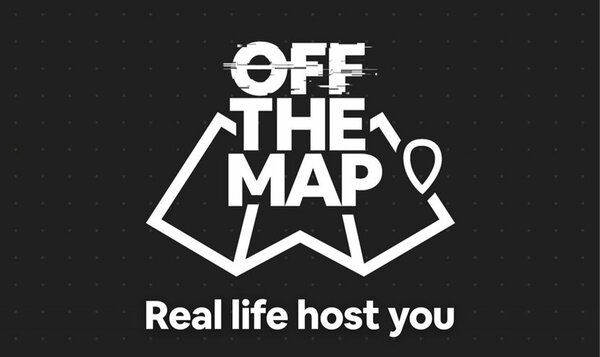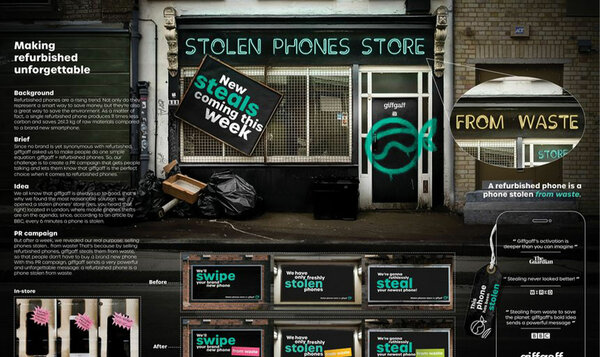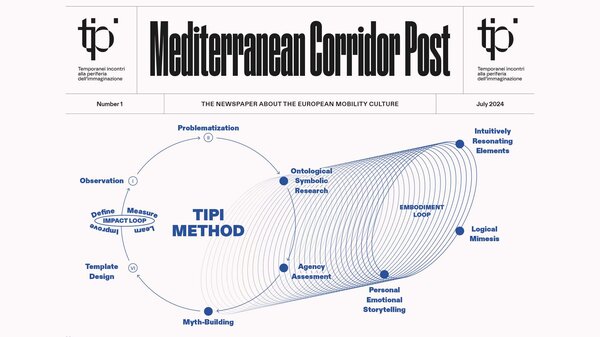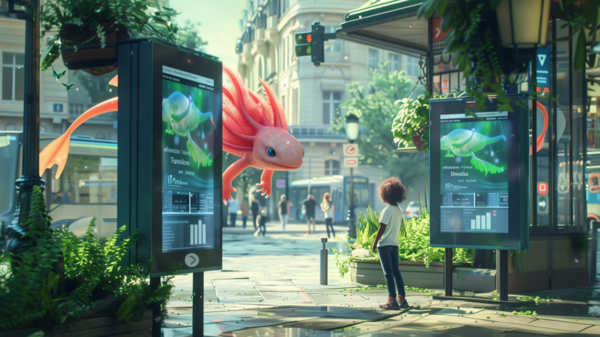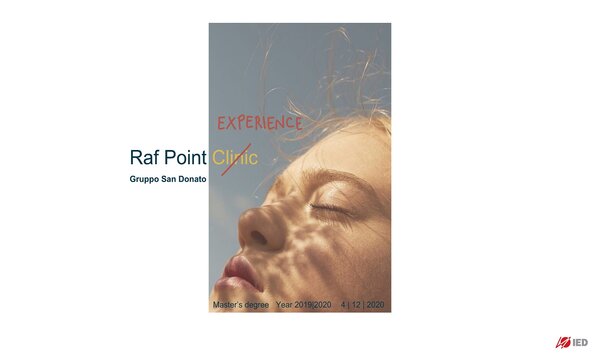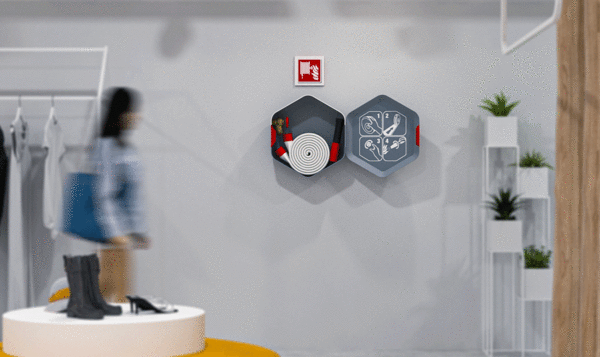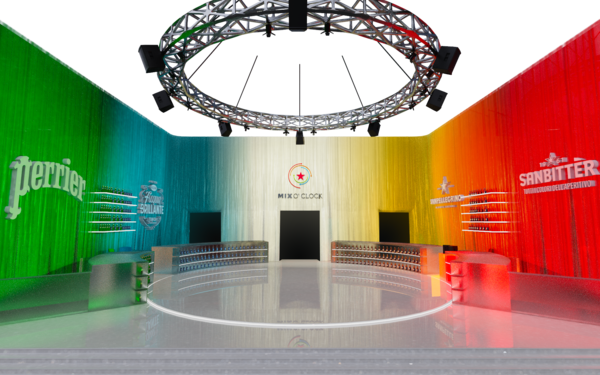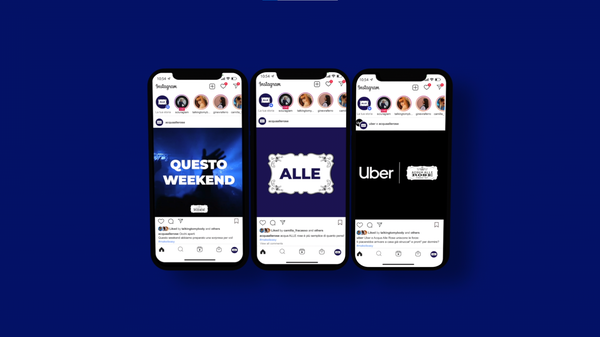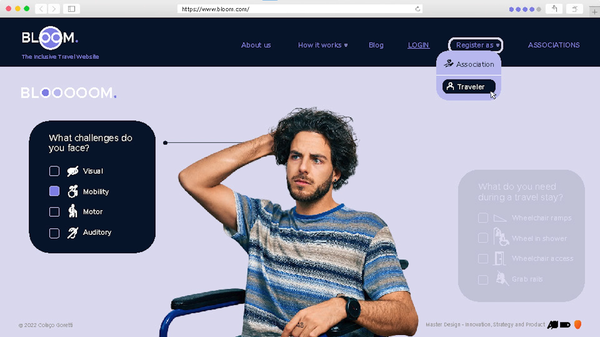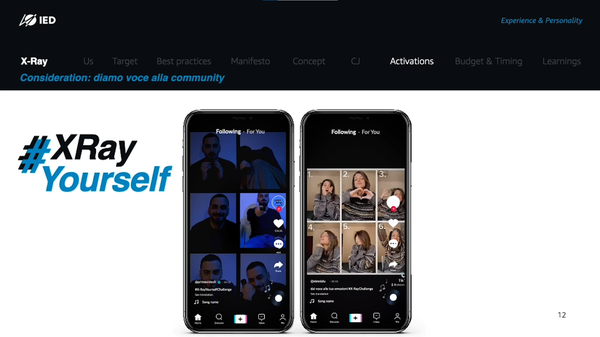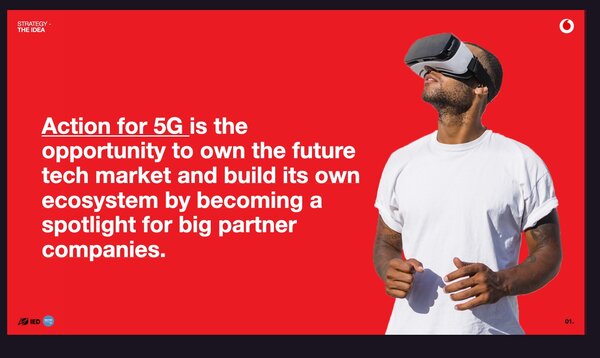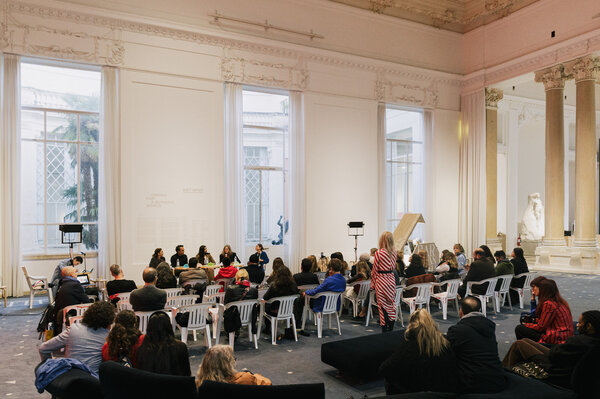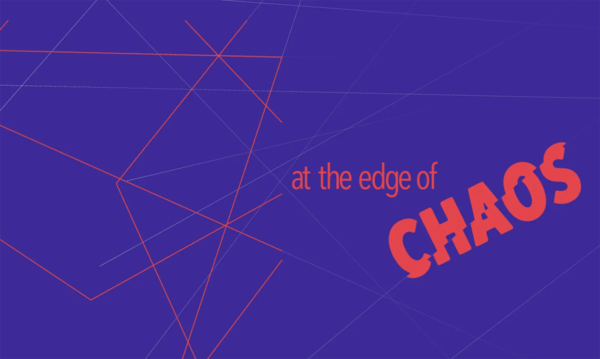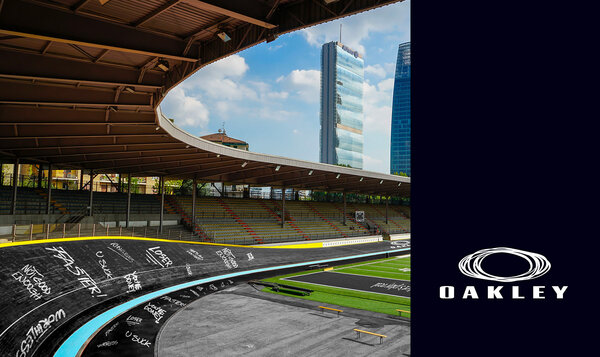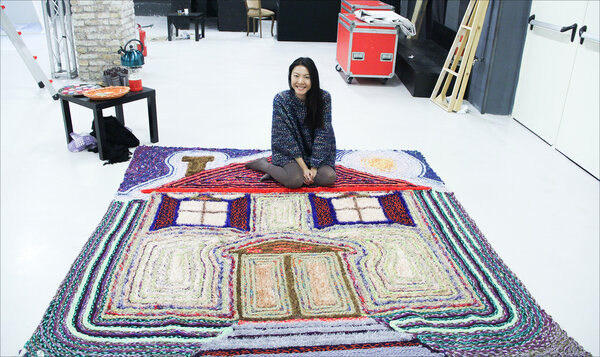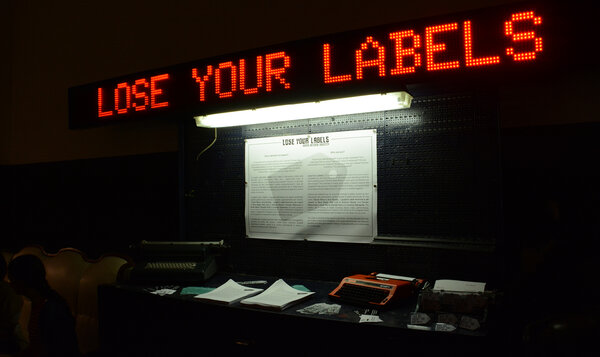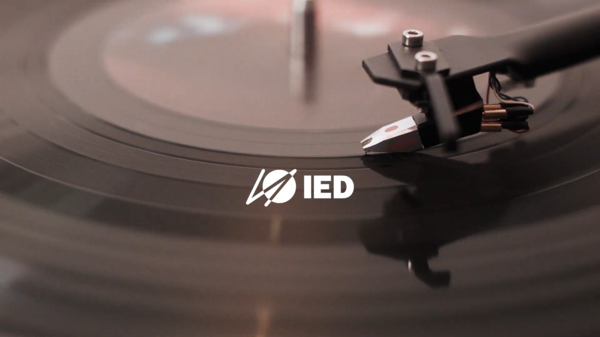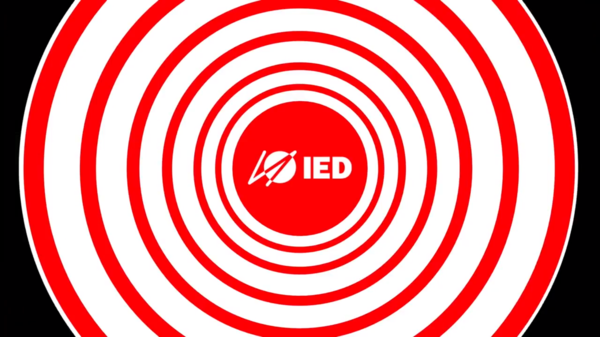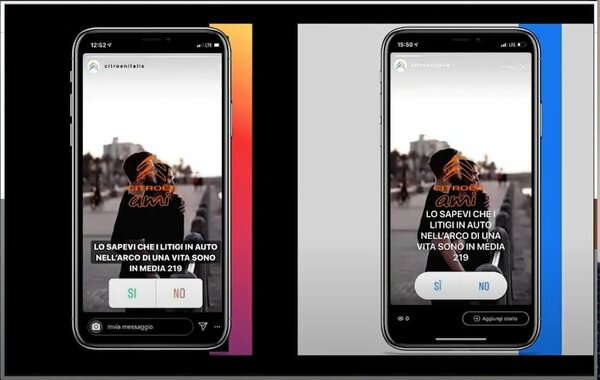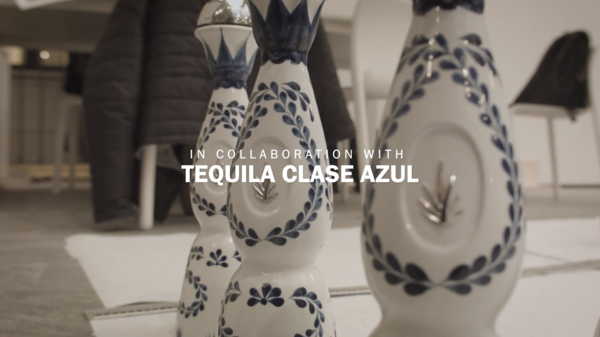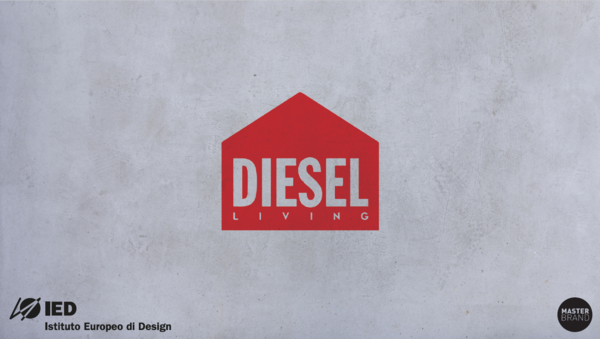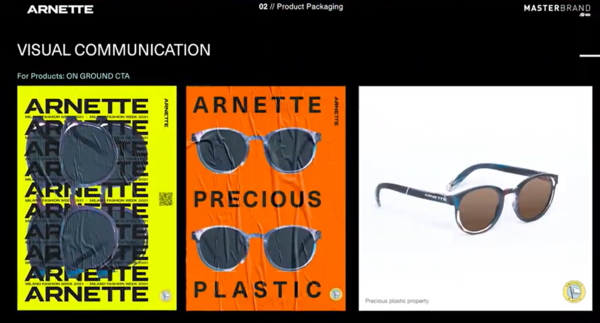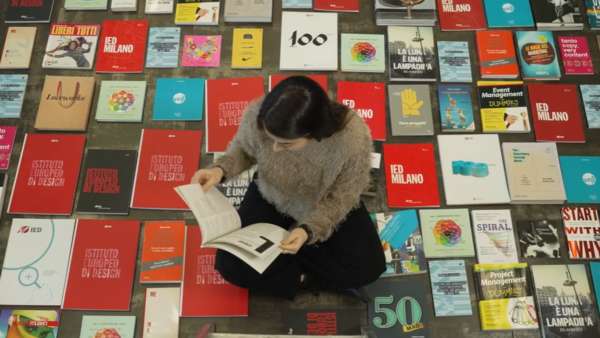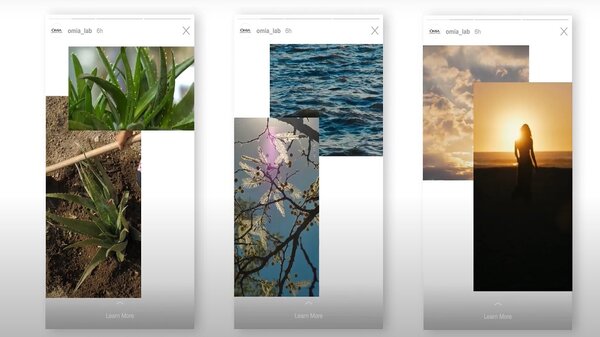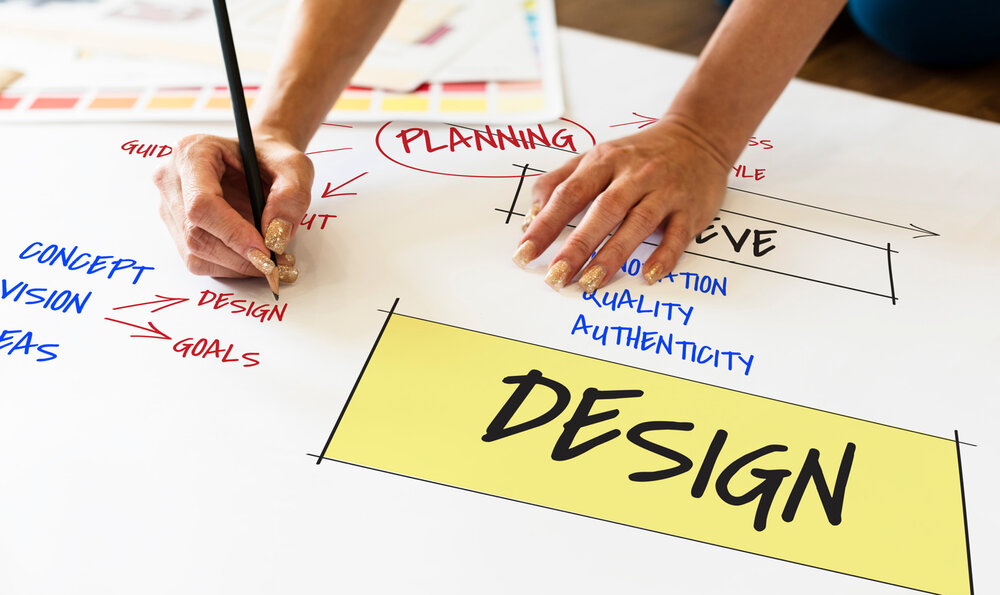
Concept Designer: who they are, what they do and how to become one
Who they are and what they do
A Concept Designer is a creative professional who imagines and transforms innovative concepts into tangible solutions for products, services, and environments that combine eye-catching design with ease of use.
A Concept Designer is a creative professional who imagines and transforms innovative concepts into tangible solutions for products, services, and environments that combine eye-catching design with ease of use.
This role is especially important in the early stages of a project, working closely with development, marketing, and design teams to ensure the concepts are not only original but also feasible and aligned with the company’s strategic goals.
The aim of a Concept Designer is to develop concrete and original proposals that meet market needs as well as those of the end users.
Role and responsibilities
The work of a Concept Designer is a structured process that unfolds through various stages, including:
- Research and analysis: involves studying market trends, consumer needs, and competitors’ strategies to identify opportunities for innovation and development.
- Creative ideation: generating ideas and concepts that respond to specific needs, using brainstorming and design thinking techniques to stimulate creativity.
- Visualisation and prototyping: turning ideas into visual representations through sketches, renderings and 3D models, helping to communicate and evaluate the proposals.
- Interdisciplinary collaboration: a collaborative phase where designers, engineers, and marketing specialists work together to ensure concepts are achievable and compatible with technical capabilities and practical limitations.
- Presentation and review: presenting concepts to stakeholders, collecting feedback, and refining proposals before implementation.
Each of these stages is unique and essential in the journey from initial idea to final product. That’s why it's vital to develop a broad, multidisciplinary skill set that enables excellence at every step of the creative process.
Career and salary
A Concept Designer can pursue a dynamic and diverse career path, working in design studios, creative agencies, manufacturing companies, and innovative sectors such as automotive, fashion, and technology.
Many professionals also choose to work as freelancers or independent consultants, offering their expertise to a wide range of companies.
Salaries in this role can vary significantly depending on factors such as experience, industry, and position. Entry-level professionals can expect more modest pay, while those with advanced skills and a strong portfolio may command higher earnings, particularly in international and innovative contexts.

IED Open Days
We look forward to meeting you in person at our premises and online, to learn more about our teaching offerings, get to know our services and interact with coordinators, lecturers and students.
Skills and training
A career as a Concept Designer requires a blend of creative flair, technical knowledge, and strategic abilities, including:
- Innovative thinking: the ability to develop original, out-of-the-box ideas.
- Visual design: proficiency in using design software such as Adobe Creative Suite and 3D modelling tools.
- Market and trend analysis: skill in researching and interpreting market data to identify opportunities for innovation.
- Communication skills: effectiveness in presenting and defending ideas to teams and stakeholders.
- Interdisciplinary collaboration: ability to work in multidisciplinary teams to integrate different perspectives into the creative process.
IED offers dedicated courses in Design strategy and management, providing comprehensive training to help you develop the skills needed to succeed in this professional role
How to become a Concept Designer
To begin a career as a Concept Designer, it is advisable to combine academic education with meaningful practical experience. Taking part in internships, collaborating with companies, and working on personal projects are key steps in building a strong portfolio.
It is also important to stay up to date with design and innovation trends in order to provide fresh, cutting-edge solutions.
If you're ready to turn your passion for Design into a stimulating and creative career, explore the Design strategy and management courses offered by IED and start your training journey with us.
